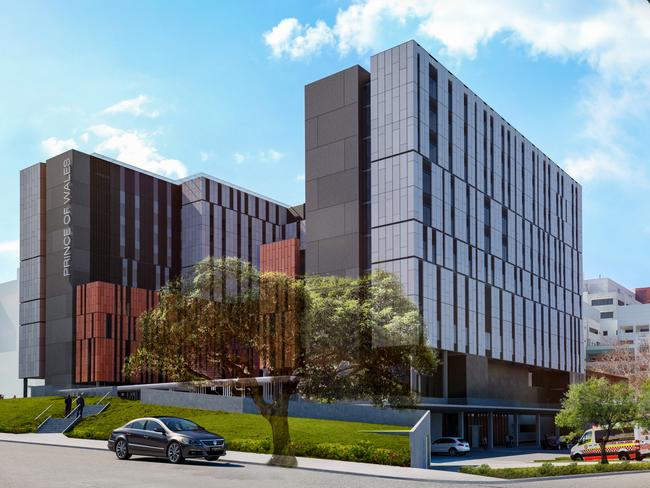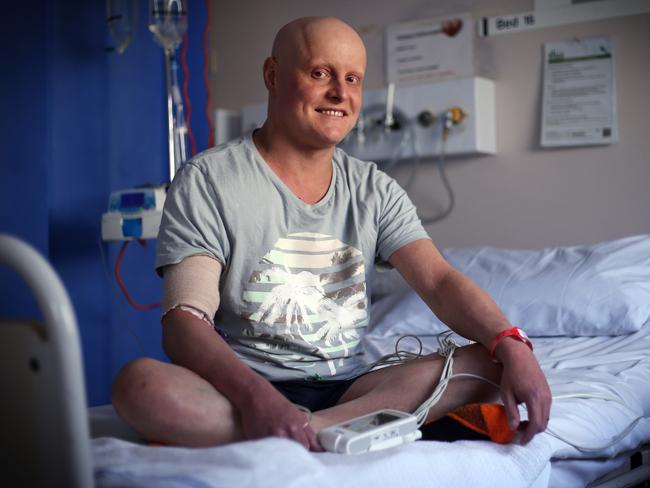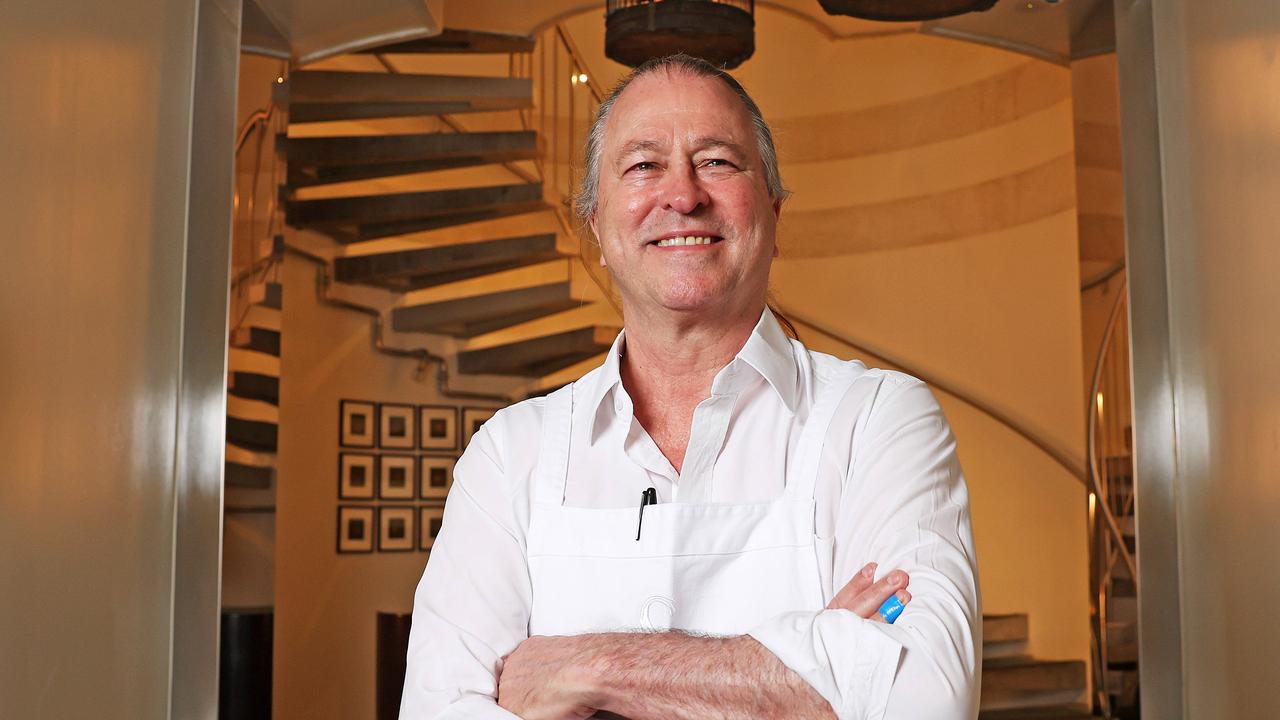Hospitals of the future: Patients sent home with smartphones
Cardiac hospital patients will be sent home early with Apple watches and an iPhone as part of a new program which uses a smartphone app to monitor patients, like Ben Ashton, at home in the hopes of preventing readmission.
Hospital patients will be given Apple watches and an iPhone and sent home early in a new program dubbed the future of health care.
The Total Cardiac Care Program will launch in January and use a smartphone app to monitor cardiac patients in their home to hopefully prevent their readmission by checking weight and activity.
Another pilot program to start next month will see joint replacement patients sent home with an Apple watch just 27 hours after surgery, instead of spending up to two weeks in hospital.
“This is the future of health care, using our smartphones,” said Dr Praveen Indraratna, a specialist cardiologist in training and conjoint associate lecturer at the University of NSW.
The new program is part of the redevelopment of the Randwick Campus, which links Prince of Wales Hospital, Royal Women’s and the Sydney Children’s Hospital with the University of NSW.

The cardiac app was developed by the Graduate School of Biomedical Engineering at UNSW and the Austrian Institute of Technology.
“On discharge we give them the app, download it onto their phone, we give them a bluetooth-enabled weighing scale and blood pressure machine and a fitness activity monitor and we ask the patient to take their measurements using those devices once a day,” Dr Indraratna said.
“That information is transmitted by the phone to us where we can see the data to see if the patient’s blood pressure is too high or too low, whether they are gaining weight and that will help us to co-ordinate their care while they are still at home to stop them having to come back to hospital with another cardiac event.”
MORE FROM JANE HANSEN
CANCER YOUTH FREEZE EGGS FOR FUTURE BABIES
PILOT PROGRAM TO HELP PARENTS OF SICK KIDS
Re-admission for heart failure is as high as 20 per cent within the first month, he said.
The idea is the app will monitor patients and detect issues before it gets to that stage.
More than 300 patients will be enrolled next year in the pilot study.
POWH general manager Tobi Wilson said Total Cardiac Care program was about keeping patients in their homes.
“We can keep an eye on patients in the community and deploy our resources in the community before the patient needs to come to the emergency department,” Mr Wilson said.
“We can send you home in just over a day and deploy this technology so we support you and keep an eye on you to make sure you are safe when you go home.”

Virtual care programs running the USA have cut hospital bed days dramatically, he said.
“We will save a lot of bed days. In the US one system, Mercy Health care is a virtual hospital and what they doing around remote modelling, they have put 90,000 bed days out of their hospital so that is the equivalent to the entire Prince of Wales Hospital capacity,” Mr Wilson said.
Ben Ashton has congenital cardiomyopathy and suffered a heart attack in September this year. He has been hospital awaiting surgery but will take part in the program next year.
“The app would be awesome,” he said.
“I live in Goulburn so it’s hard to be away from home for a long time.
“I missed my son’s first birthday this time around.”


